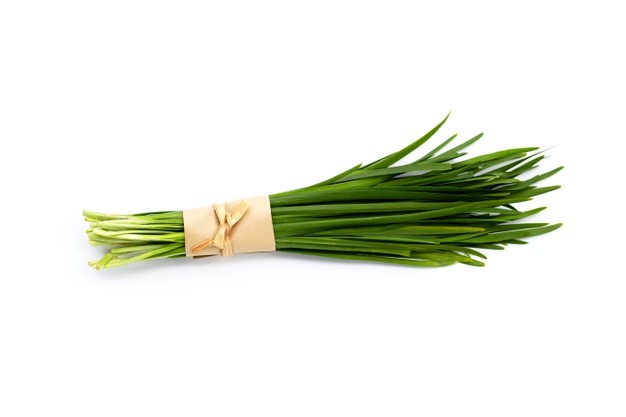Herb Gardening
Health Benefits And Uses Of Chives Herb
There are numerous Health Benefits And Uses Of Chives Herb. The Chives plant, Chive, is one of the most common herbs in the world. Chives, scientific name Allium schoenoprasum, is a species of flowering plant in the family Amaryllidaceae that produces edible leaves and flowers. Their close relatives include common onions, garlic, shallot, leek, scallion, and Chinese onion. All these herbs are used in cooking and herbal remedies.
1. Used In Seasoning Different Foods
Chives is used to season most meat, fish, poultry and eggs. It can be used in place of butter or mayonnaise and is also used as a marinade for a wide range of other dishes. The herb is best eaten raw or added to other i ngredients, but can also be added to marinades, soups, sauces and also on salads.
2. Helps In Healing
The leaves of the chives herb are used to make a poultice that aids in healing internal injuries. Chives are used in medicine for various conditions like digestive disorders, flatulence, heartburn, and gastritis. The herb is also used as an anti-inflammatory and as a remedy for liver and kidney problems. The chives herb is used to treat menstrual disorders in women.
3. Adds Up Flavor To Dishes
Chives is not just for cooking, however. You can also use it as a garnish on dishes to spice them up. The chives herb is an excellent choice for adding flavor to soups, salads, and vegetable dishes. You can make vegetable dishes more interesting by using the leaves of the chives. You can also use the herb to add a little zest to sauces, marinades, and other recipes.
4. Improves Digestive Health
Apart from being a tasty and healthy ingredient, chives can also help in improving your digestive health. It is because chives has good amount of fiber and it helps in moving waste out of your body. Fiber helps in improving your digestive system by removing toxins and excess wastes from your body. One of the best known health benefits of chives herb is their ability to eliminate bad cholesterol from your body. This is due to the high contents of vitamin A and C in chives herb.
5. Some Growing Tips
5.1 Prevent Your Seeds From Drying Out
Start by growing your own clove of chives. If you can’t grow your own, then you can purchase a ready-made chives herb kit from your local health food store. The kits usually contain a small handful of chives plants (room temperature), instructions on how to grow them, and a small pack of soil. You can buy a ready-made starter herb kit if you want but are limited on space. If you’re growing your chives from seeds, you will have to keep them in a plastic bag, which will prevent them from drying out.
5.2 Dry Them When They Are Ready
Start preparing the chives herb. When buying your chives, make sure they are dry. If they are damp, they won’t be able to bear the heat that the sun has on them. Once you’ve gotten your chives prepared, leave them on a sunny window for about an hour. This will make it easier to dry them, so be sure to check on them frequently to make sure they haven’t gone to seed.
5.3 Harvest It
Once you’ve gotten your chives herb ready, you will need to go about learning how to use it. To harvest your chives herb, you will first make two cuttings. One small piece of leaf will be removed, place it into a bowl of water and cover with another piece of leaf. Leave it to soak for about twenty minutes and then take out the soaking piece. Cut off the long part of the leaf and discard it, leaving the middle intact and the remaining green foliage intact.
5.4 Use Pots For Growing Chives
Chives are easy to grow and can be found in most grocery stores. When growing chives, it is best to use pots that have holes in them to keep the plant from getting damaged. When the chives start to flower and grow they will need room to grow as well. You can use a small pot to grow a few plants and make a nice small garden of chives.
6. What Can you After Harvesting Chives
When you are finished with your chives preparation, you can sprinkle the dried herb onto any number of foods for a natural sweetness. Chives goes great with eggs, cheese, salads, soups, and pasta sauces. Because it is quite delicate, chives should be cut before adding them to any dish. The leaves can also be tossed into salads for a touch of color, though you don’t want to use too much because the leaves can easily be lost in a salad.

